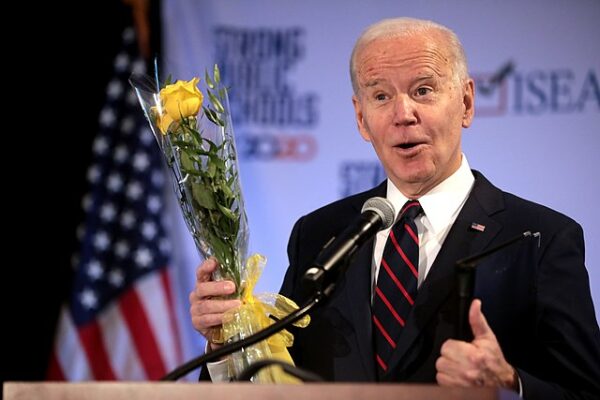
Senator Thom Tillis’s decision to forgo reelection in 2026 has detonated the North Carolina Senate race, transforming it into a national flashpoint and thrusting one name to the forefront: Lara Trump.
Tillis, a two-term Republican who has long straddled the divide between institutional conservatism and the populist tides of the Trump era, framed his retirement as a lament for Washington’s vanishing pragmatists.
“In Washington over the last few years, it’s become increasingly evident that leaders who are willing to embrace bipartisanship, compromise, and demonstrate independent thinking are becoming an endangered species.
“Democrats recently lost two such leaders who were dedicated to making the Senate more of a functional and productive legislative body. They got things done. But they were shunned after they courageously refused to cave to their party bosses to nuke the filibuster for the sake of political expediency. They ultimately retired and their presence in the Senate chamber has been sorely missed every day since.
“It underscores the greatest form of hypocrisy in American politics. When people see independent thinking on the other side, they cheer. But when those very same people see independent thinking coming from their side, they scorn, ostracize, and even censure them.
His exit sets up what many expect will be one of the most consequential Senate contests in the country—a race that may determine partisan control of the upper chamber.
Within hours of Tillis’s announcement, attention turned to Lara Trump, the North Carolina–born daughter-in-law of President Donald Trump and a Fox News personality. While she currently resides in Florida, Republican strategist Andy Yates dismissed that as a non-issue. “Republicans in the state love her,” he said. “They think about her as a North Carolinian.” Her potential candidacy, Yates added, has already begun to reshape the field: “What does Lara Trump decide to do? That’s the question everyone’s asking.”
She also has the backing of her father-in-law directly, reported The New York Post, saying she’s the president’s “first choice.”
Somebody that would really be great is Lara, she grew up there,” Trump told reporters aboard Air Force One when asked who he would want to replace Tillis in the Senate.
Trump acknowledged that one potential complication would be that Lara and her husband, first son Eric Trump, currently “live in Florida” and not the Tar Heel State.
“They have a very good life, and they, you know, they’re great people,” the president continued. “She did fantastically running the RNC. She’s even got a show that’s like the number one show.”
Lara, 42, was born in Wilmington, NC, and served as the co-chair of the Republican National Committee during Trump’s stunning 2024 political comeback and landslide win in last year’s presidential election.
“She’s done well,” the president said of his daughter-in-law. “She’s a great person. Lara Trump. I mean that would always be my first choice, but she doesn’t live there now – but she’s there all the time…Her parents are there, you know, she really knows North Carolina well.”
Trump’s enduring popularity in North Carolina—he carried the state in each of the last three presidential elections—gives his daughter-in-law a built-in advantage. And for the former president, the chance to replace a vocal critic like Tillis with a loyalist could deepen his grip on the Senate.
To Democrats, “North Carolina was and continues to be the biggest pickup opportunity…in the 2026 US Senate map,” Morgan Jackson, an adviser to Cooper told Vanity Fair. Tillis was already “the weakest incumbent in the country on either side of the aisle,” Jackson tells me. And any Republican who may seek to replace him—be it Lara Trump, RNC chair Michael Whatley, or one of the no-name GOP lawmakers from deep-red districts who have seemed interested in running—would enter the race untested in a statewide election. That would be a stark contrast from Cooper, who had been under consideration as Kamala Harris’s 2024 running mate but took himself out of contention. He would not only be a “great candidate for the Democratic Party,” but holds credibility with independents and moderate Republicans, as North Carolina GOP strategist Wayne King tells me.
Yet Cooper remains undecided, and without him, Democrats could struggle to consolidate the broad coalition needed to flip the seat. As Jackson put it, “Tillis’s retirement changes the trajectory of the race, but it does not change the trajectory of Cooper’s decision-making.”
With the stage set and the stakes high, North Carolina is poised to become the next major battlefield in the struggle over the future of both parties—and perhaps the Senate itself.
[Read More: Hakeem Jeffries Puts His Own Caucus To Sleep]











